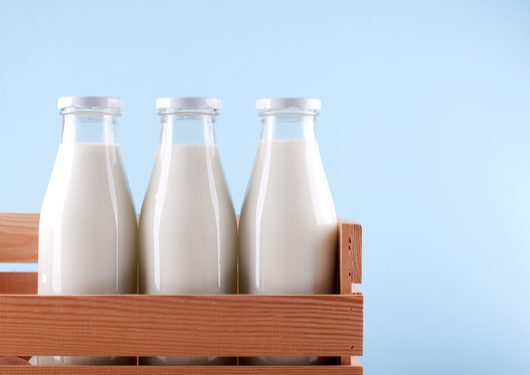
Visit Our Sponsors |
|
|
|
|
|
|
|
|
|
|
|
|
|
|
|
|
|
|
|
|
|
|
|
|
|
|
|
|
|
|
|
|
|
|
|
|
|
|

But Ryan Bethencourt, who cofounded the accelerator, instead encouraged them to focus on using the protein for a product in the food space.
“Insulin was an old play. There are other people who can make insulin,” Bethencourt explains. “You have to be transformative.” The groundbreaking idea that they went with? Animal-free gelatin, which in its regular form is derived from collagen — a material that is typically made from the bones, skin, and tissues of cows and pigs. The reaction from Bethencourt, who is himself a vegan: “Brilliant.”
Biotech was once a tool reserved for pharmaceutical giants making high-value goods — just like insulin. But there’s a shift that’s taken place as biotech’s associated costs, such as DNA sequencing, have plummeted. The biofuel bust has helped further reshuffle the economics of the industry. All of a sudden bioreactors and other equipment have become available for cheap. The result is that biotech is no longer reserved just for producing high-priced medicine but could start to make sense for commodity products like food.
Ouzounov and Lorestani ended up cofounding Geltor, one of a handful of Bay Area startups using a biotech process called fermentation to make animal products. The transformative part is they don’t need the animals to do it. Fellow IndieBio-backed startups Clara Foods and Perfect Day are using the method to make egg whites and milk proteins, respectively. They use cells as part of their production method but there are no cells in the end result — what’s called an acellular product. (In contrast, startups Memphis Meats and MosaMeat are working on cellular products, in which the end result contains the cells themselves.)
RELATED CONTENT
RELATED VIDEOS
Timely, incisive articles delivered directly to your inbox.






